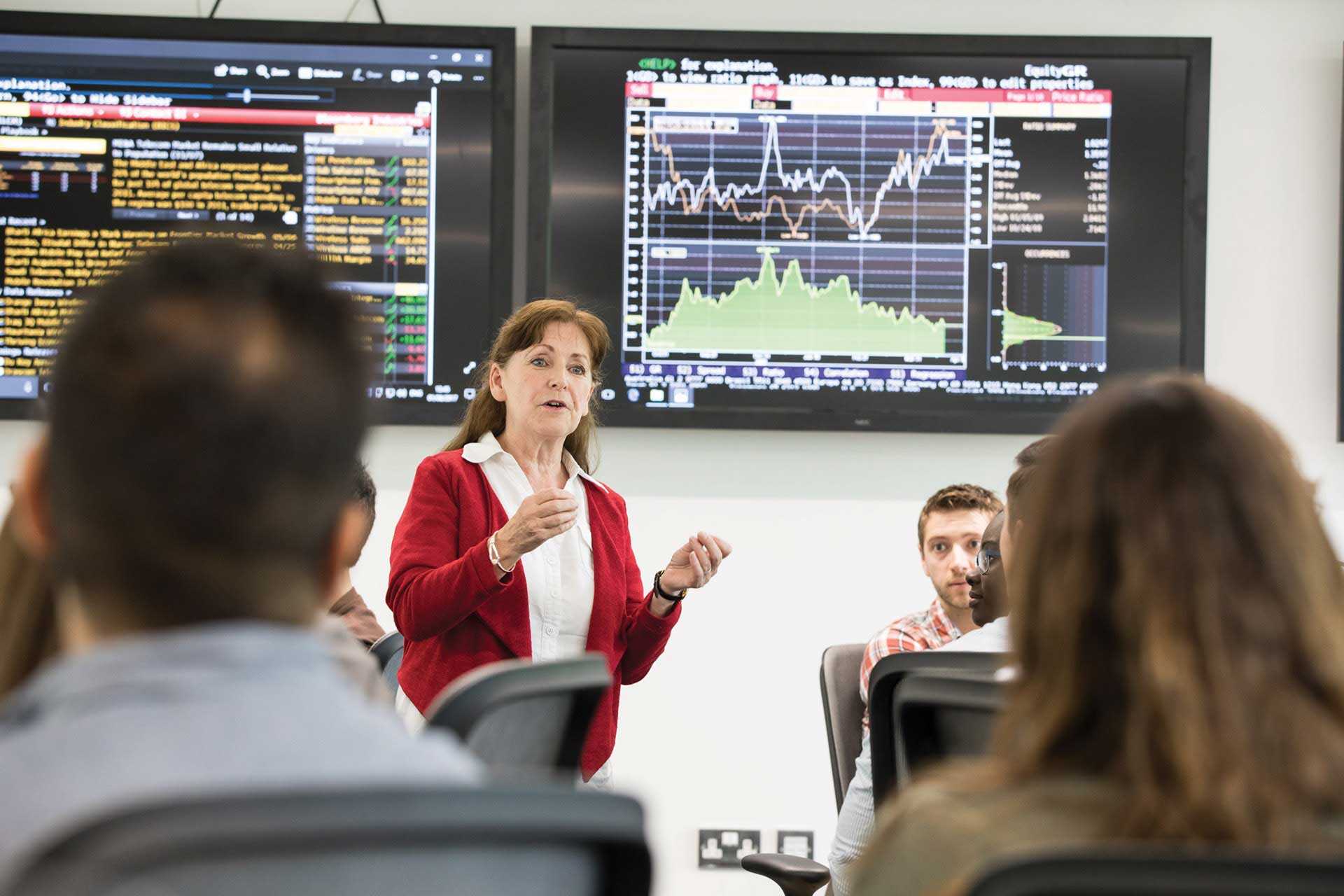Professional Economist - Higher Apprenticeship
This four-year apprenticeship was developed with a number of agencies, firms, banks and government departments which were led by the Government Economic Service - the largest employer of economists in the UK.












